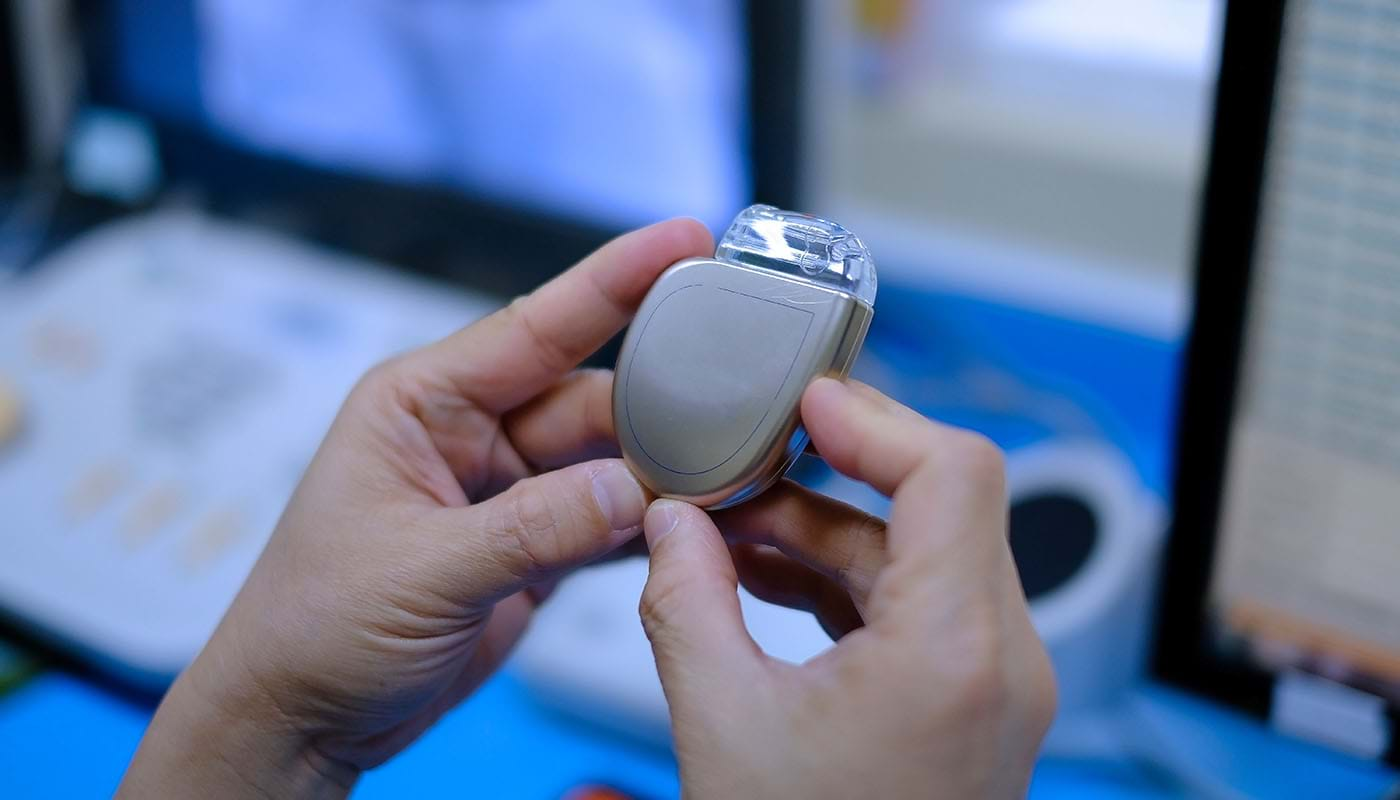
Implantable Cardiac Electronic Devices
Navigating the world of cardiac care can sometimes feel overwhelming, but with Dr Moedi's expertise, you're in secure and capable hands. One groundbreaking cardiac care advancement is the use of implantable cardiac electronic devices. These devices are tiny but mighty, engineered to monitor and regulate heart rhythms, ensuring your heart functions at its best.
What are Implantable Cardiac Electronic Devices?
ICEDs are small machines placed beneath the skin to oversee or correct irregular heart rhythms. They have been revolutionary in managing and treating various heart conditions, acting as both guardians and supporters of your heart's electrical activity.
What does a general cardiology consultation entail?
A standard cardiology consultation starts with a thorough analysis of your medical history and a physical examination. Dr Moedi may also perform further diagnostic tests such as an electrocardiogram (ECG), echocardiogram, or stress tests, depending on your symptoms.
Dr Moedi’s approach to care goes beyond just treating your symptoms — he aims to empower you with knowledge about your heart health. This is done by providing advice on lifestyle modifications and disease management strategies, including dietary changes, exercise regimens, and assistance with quitting smoking, all aimed at promoting a heart-healthy lifestyle.
What conditions do these implantable devices treat?
These devices are often recommended for patients with:
Arrhythmias — Abnormal rhythms that cause the heart to beat too fast, slow or irregularly.
Heart Failure — This happens when the heart doesn't pump blood effectively. These devices can assist in improving your heart's efficiency.
What are the different types of implantable devices?
- Pacemakers: Perhaps the most commonly known, pacemakers send electric pulses to prompt the heart to beat regularly.
- Implantable Cardioverter Defibrillators (ICDs): These devices monitor for life-threatening arrhythmias. If detected, the ICD sends a shock to the heart, restoring a regular heartbeat.
- Cardiac Resynchronization Therapy (CRT): For patients with heart failure, CRT devices can help improve the heart's contractions, ensuring more efficient blood pumping.
- Loop Recorders: These are primarily diagnostic, continuously recording the heart's electrical activity to detect irregularities.
How does the insertion process work?
Using interventional cardiology techniques, Dr Moedi prioritises your comfort and safety while promoting minimally-invasive procedures.
- Dr Moedi will start by administering either local or general anaesthesia to numb the area or put you to sleep.
- He then uses X-ray guidance to navigate thin leads or wires through the veins and into the heart. You shouldn’t feel any pain or discomfort throughout the procedure.
- He connects the device to the leads and positions it beneath the skin.
- Once the placement is complete, the device begins its vigilant watch over your heart's rhythms.
Post-procedure, you may need a short hospital stay for monitoring. However, most people can resume their regular activities shortly after, with some precautions.
With technology's stride in cardiac care, Dr Moedi ensures you access the best in implantable cardiac electronic devices. These tools not only offer a safeguard against potential heart complications but also promise a better quality of life.
Send us a message
Fill in the form below and we will get back to you as soon as we can.